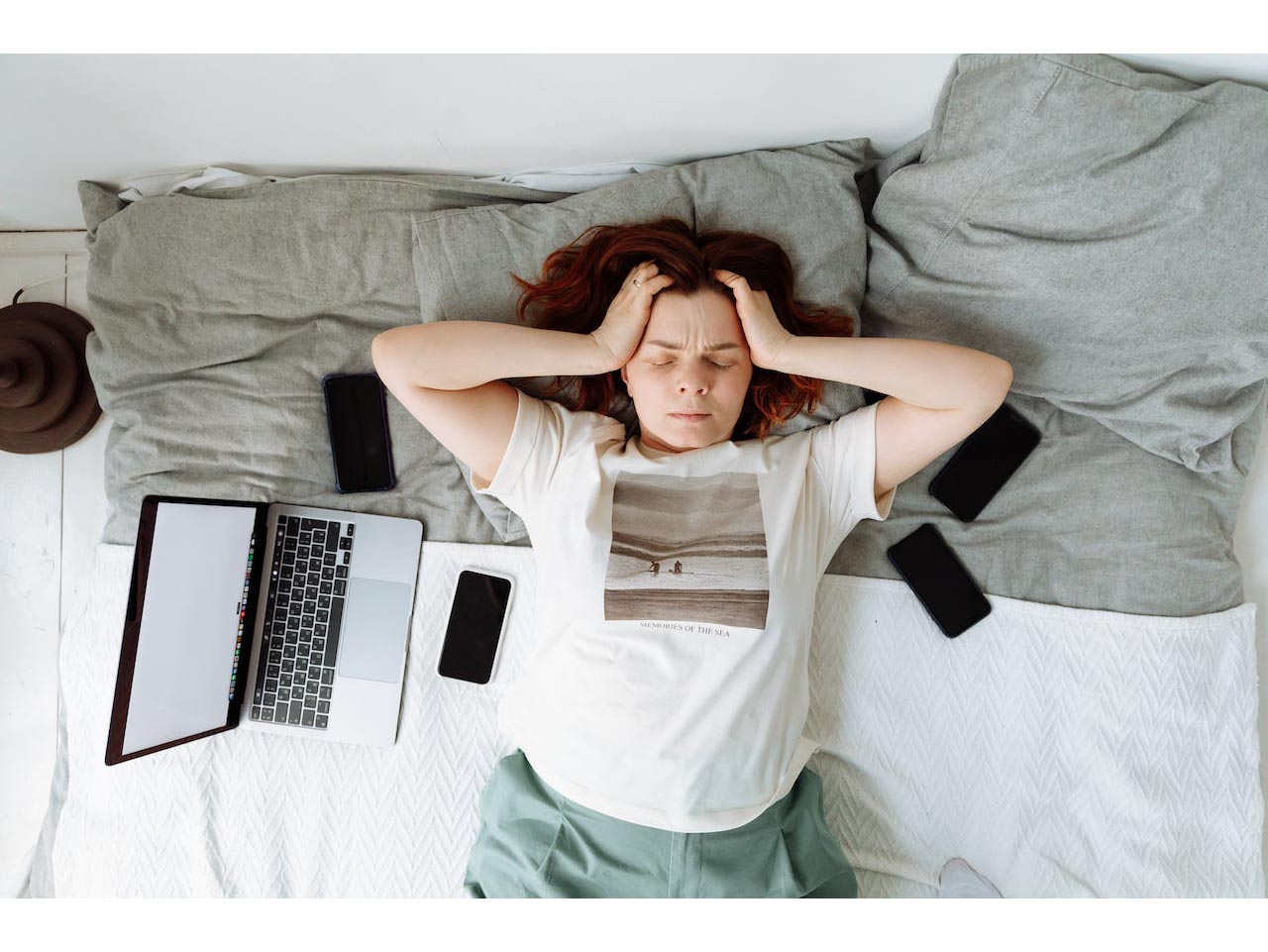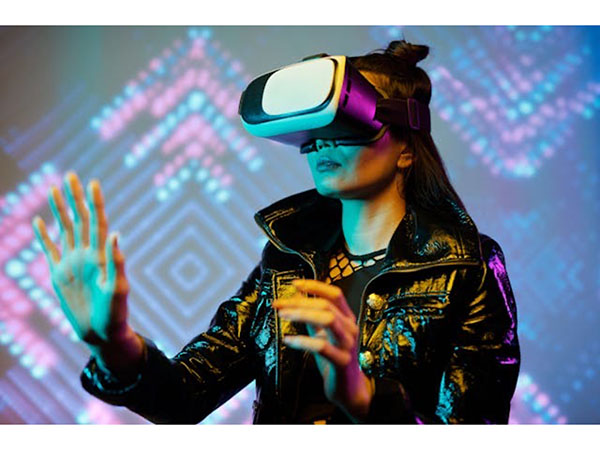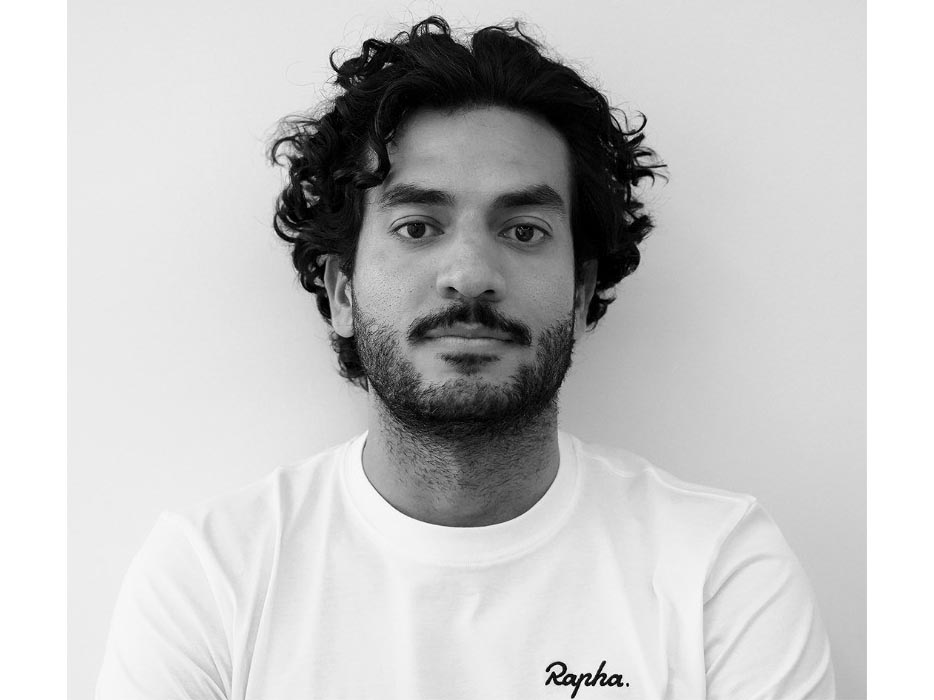Industry Talk - Free Talk
Why the Digital Detox is shaping up to be one of 2024’s biggest tech trends
by Karl Escritt, Like Digital & Partners
December 19, 2023

Experts have long warned about the adverse effects of excessive internet use, ranging from disturbed sleep and heightened anxiety to depression and compromised physical health due to reduced activity. It's common knowledge that too much screen time is detrimental, but the pressing question remains: How do we address this growing dependency?
Karl Escritt, CEO of Like Digital & Partners shares his take on this topic and asks ‘Have we reached peak digital dependency?’
It’s a symptom of the times that in our hyperconnected world, many people feel less connected than ever. With our always-on mentality and our smartphones now acting as an extension of our limbs, is it any wonder the population as a whole is heading towards a mass global burnout?
From that first morning scroll through social media to that after-hours Teams’ chat from your boss, or the dopamine hit of your late-night shopping spree, our days are defined by near-constant access to digital technology.
Experts have long told us that excessive internet use can lead to disturbed sleep, anxiety, depression, and poor health due to reduced physical activity. We know too much screen time is bad for us, but just how do we start to address this dependency? As we near the end of 2023, there’s a collective need to refocus on what it means to live a full and productive life, prioritising mindfulness, mental health, and authentic connections away from the screen.
Digital Dependency in the UAE
Here in the UAE, we are voracious consumers of the internet. According to a report by Global Media Insight, in a population of 10.17 million people, there are 9.69 million smartphone users and 9.2 million mobile internet users. On average, UAE residents are online for 7 hours and 29 minutes per day, with mobile phones accounting for 65.11% of internet use. If you’re wondering how that stacks up internationally, GSMA puts it into perspective, reporting that the UAE and Saudi Arabia share the 11th spot globally for mobile phone usage.
Make Mental Health a Priority in the Workplace
Following the pandemic, there’s been a seismic shift in the way we work. And while many of us have welcomed the hybrid model of remote and office work, all of that ‘working from home’ has lifted the veil that previously separated the workplace from our private domain. Employers have a real responsibility to ensure their teams are not feeling burnt out. Key ways employers can foster a healthy digital relationship and encourage work-life balance include:
- Providing work-only devices so employees don’t feel tempted to check their email at all hours
- Setting clear expectations around working hours and accountability – let your team know they are not expected to respond to work messages after hours
- Introducing mindfulness courses and offering mental health services can also help employees feel supported and seen
- Leading by example: Step away from the screen, make health and fitness a priority, and spend time fostering face-to-face connections
Revive the Art of Personal Connection
The theme of this year’s World Digital Detox Day, which was held on 10 December, was ‘Reviving the Art of Personal Connection’. The movement encourages people to return to the lost art of writing a letter or sending a postcard, the physicality of which requires us to slow down and tune into the world around us and the person we’re communicating with. It’s a practice that’s been lost in our rush to post every moment to Instagram or endlessly scrolling through overly manipulated feeds. By reassessing our reliance on the internet, we can live more fully in the moment.
Dubai: The Detox Destination
If you do want to embark on a digital detox, you’re in the right place. According to InsureMyTrip, Dubai is ranked eighth globally as a destination for travellers looking to detach from their digital addictions; thanks to its abundance of outdoor activities, wellness experiences, and opportunities to unwind – so what are you waiting for?
10 Tips for Reducing Digital Dependency
- Start small – few of us can afford to escape to deserted island for a complete digital detox. Instead, make a concerted effort to reduce your hours online, and delete the apps that have become your digital default.
- Set parameters around social media use – try to limit it to a set period once or twice a day.
- Allow yourself to simply be – don’t feel the need to start scrolling the second you have a moment to spare. Remember, a bit of boredom can lead to creative brilliance.
- Put your phone in another room for meal times – relish the conversations and connections with those at the dinner table, and savour each bite rather than eating mindlessly.
- Keep screens out of your bedroom – set a time when you switch off for the night, then charge your screens in a separate room so you’re not tempted to keep scrolling.
- Embrace real-world pursuits – repurpose those wasted online hours by finding a hobby, reading a novel, going for a walk, and appreciating life away from the screen.
- Utilise ‘quiet time’ functionality – once the end of the working day rolls around, switch to offline mode on your workplace apps to avoid after-hours interruptions.
- Do a digital cleanse –follow only those accounts that add meaning and joy to your life.
- Embrace face-to-face – can that next Zoom meeting be done in-person? I know it sounds old-school, but real creative sparks come from human interaction, not waiting for your turn to talk in a video call.
- Practice mindfulness and meditation as a way to tune out your surroundings and tune back into the things that matter most.













